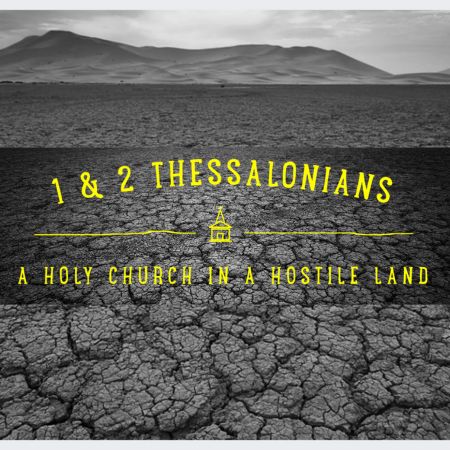This passage (familiar to most) describes and encourages living in a Kingdomly way that impacts every area of our life.
Sermons on Matthew
In today’s passage, John the Baptist seems to be having some doubts about who Jesus is. At Jesus’ baptism, John seems pretty confident that Jesus was indeed the Christ, the Son of God. Now, John is in prison and Jesus doesn’t seem to be the Messiah He expected. Jesus, ever compassionate to the weak, speaks into John’s doubts with words of assurance. The questions for us: What causes doubts to rise in our minds about our Savior Jesus Christ? How should we combat those doubts?
This particular sermon, as is true of the others in this Christmas series, will be Christ-centered, but with a bit of a twist. The “Magi” or “wise men” as some translations render it, will take the stage so to speak and will focus specifically on what they say and do and then consider what that means regarding the baby before them.
Many debate whether we ought to say “Happy Holiday” or “Merry Christmas”, but such a debate misses what is most critical – to know and trust the Christ of Christmas. Matthew helps us know more about Christ and helps us see how we can trust Christ.
As is well known to most, this passage is the genealogy portion of Matthew. But it is more, much more, than just “so and so begat so and so …” Within this rich portion of scripture much is revealed regarding who this child really is and what He is able to do!
We’ve reached the end of Hosea, and God concludes this book not with judgment but with grace. And that grace comes in the form of an invitation to return to Him. This turning away from false gods to the one, true God is picked up in the New Testament with the idea of repentance.
We know God is love. But what does that mean? It cannot be whatever we want it to be. Or at least it shouldn’t be. Whatever we say it is ought to be whatever He says it is. So, scripture must guide our way in that. As we look at this passage, we look at the way in which God’s love displays itself in action toward these Israelites.
As the sermon title not-so-subtly alludes, this passage is quite political. But not in the way folks might assume. While it does discuss political policies that the Israelites have embraced, ultimately the text shows God to be critical of those policies. In many ways this passage is a polemic against domestic and foreign dealings that don’t defer to God and yield to His way. But that doesn’t mean God is apolitical. It would seem from this text and elsewhere that He is anything but!
In our passage this morning we see the Israelites wandering once again from God. The hard truth, however, is that everyone in some way or another has strayed or wandered from Him. But because of who He is and what He’s done, He is still God and He is still good! God is still God even when His people wander. But the idea is never that we continue to wander away from Him.
One day … God will set, as NT Wright loves to say, “the world to rights.” This passage speaks of that most glorious day! Interestingly, we actually know a bit about that day. Has that “day” been fully realized. No. But in the coming of Jesus, we have a foretaste of that day! It is in a sense both now and not yet.





